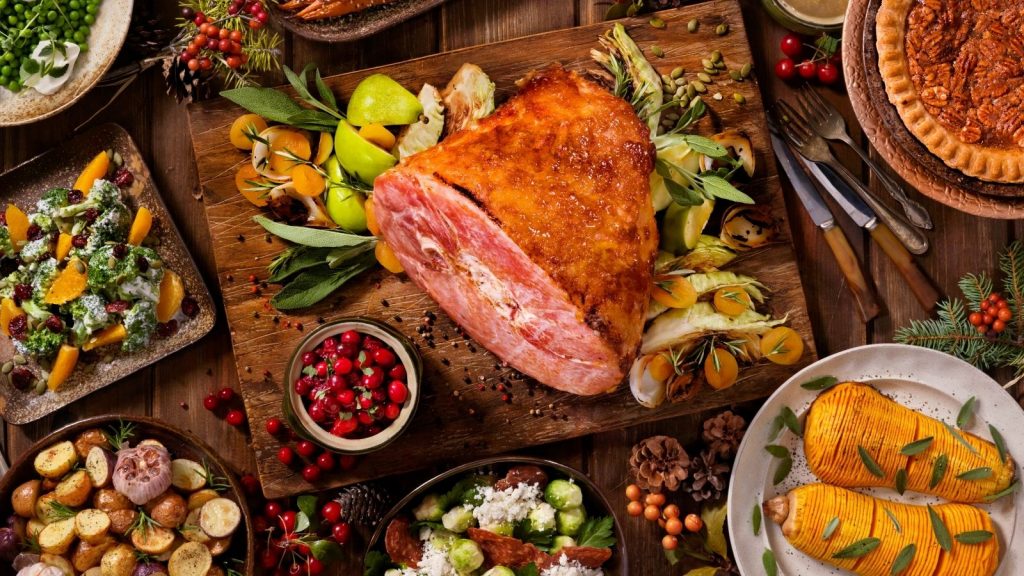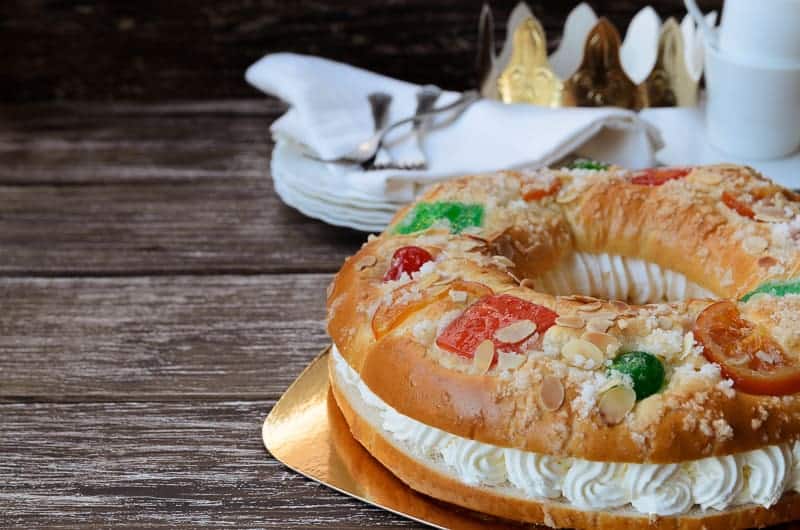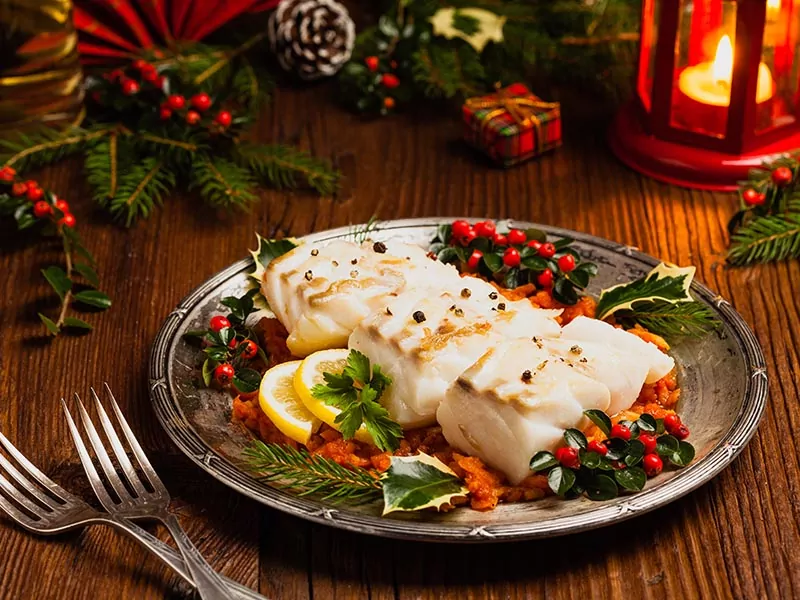1, Aug 2023
Christmas Food In Spain: A Culinary Journey Through The Festive Season
Christmas Food in Spain: A Culinary Journey through the Festive Season
Related Articles: Christmas Food in Spain: A Culinary Journey through the Festive Season
- Christmas Fonts For Cricut 2024: A Comprehensive Guide To Enhance Your Festive Creations
- Embrace The Festive Spirit With An Enchanting Pink Christmas Dress For 2024
- Christmas Eve Fabric By Lella Boutique 2024: A Festive Extravaganza For Your Holiday Creations
- Christmas Eve UPS 2024: A Comprehensive Guide To Shipping Deadlines And Delivery Options
- Christmas Emoji Pictionary: A Festive Twist On The Classic Game
Introduction
With enthusiasm, let’s navigate through the intriguing topic related to Christmas Food in Spain: A Culinary Journey through the Festive Season. Let’s weave interesting information and offer fresh perspectives to the readers.
Table of Content
Video about Christmas Food in Spain: A Culinary Journey through the Festive Season
Christmas Food in Spain: A Culinary Journey through the Festive Season

Christmas in Spain is a time for celebration, family, and delicious food. The festive season is marked by a variety of traditional dishes, each with its own unique history and significance. From sweet treats to savory feasts, Spanish Christmas food is a culinary delight that reflects the country’s rich culinary heritage.
Turrón: The Sweetest Symbol of Christmas
No Spanish Christmas is complete without turrón, a nougat-like confection that is the country’s most beloved festive treat. Made from honey, sugar, and almonds, turrón is typically shaped into rectangular blocks and sold in a variety of flavors, including classic almond, chocolate, and coconut. The origins of turrón can be traced back to the Middle Ages, when it was first introduced to Spain by the Arabs. Today, turrón is an essential part of any Spanish Christmas celebration and is often served as a dessert or a snack throughout the festive season.
Polvorones: Crumbling Delights
Polvorones are another popular Christmas treat in Spain. These crumbly shortbread cookies are made with flour, sugar, butter, and almonds, and are often flavored with cinnamon or aniseed. Polvorones are typically shaped into small balls or crescents and dusted with powdered sugar. Their name, which means "dust" in Spanish, refers to their delicate, crumbly texture. Polvorones are a favorite among children and adults alike, and are often enjoyed with a cup of hot chocolate or coffee.
Mantecados: Buttery Bites of Heaven
Mantecados are another traditional Spanish Christmas cookie. These buttery pastries are made with flour, sugar, butter, and lard, and are often flavored with cinnamon or vanilla. Mantecados are typically shaped into small rounds or ovals and dusted with powdered sugar. Their delicate, melt-in-your-mouth texture makes them a popular choice for Christmas dessert or a midday snack.
Roscón de Reyes: The King’s Cake
Roscón de Reyes, or the King’s Cake, is a ring-shaped pastry that is eaten on Epiphany, the day that commemorates the visit of the Three Wise Men to the infant Jesus. The cake is made with a sweet dough that is flavored with orange zest and cinnamon, and is often decorated with candied fruit and nuts. Inside the cake, a small figurine representing the baby Jesus is hidden. Whoever finds the figurine is said to be the king or queen of the day and is entitled to wear a paper crown. Roscón de Reyes is a popular tradition in Spain and is often shared among family and friends on Epiphany.
Paella de Marisco: A Seafood Feast
Paella is one of Spain’s most famous dishes, and it is often served as a festive meal during Christmas. Paella de marisco, or seafood paella, is a particularly popular choice for Christmas dinner. This dish is made with rice, seafood, and vegetables, and is cooked in a large, shallow pan called a paella. The seafood typically includes shrimp, mussels, clams, and squid, and the vegetables often include onions, peppers, and tomatoes. Paella de marisco is a delicious and hearty dish that is perfect for a special occasion.
Cordero Asado: Roasted Lamb
Cordero asado, or roasted lamb, is another popular Christmas dish in Spain. Lamb is a traditional meat for special occasions, and it is often served at Christmas dinner. Cordero asado is typically made with a whole leg of lamb that is roasted in the oven with garlic, herbs, and olive oil. The lamb is usually served with roasted potatoes and vegetables. Cordero asado is a succulent and flavorful dish that is sure to please any crowd.
Empanadas: Savory Pastries
Empanadas are savory pastries that are filled with a variety of ingredients, such as meat, cheese, vegetables, or fish. Empanadas are a popular snack or appetizer in Spain, and they are often served at Christmas gatherings. The dough for empanadas is typically made with flour, water, and salt, and it is filled with a variety of fillings. Empanadas are then baked or fried until golden brown. Empanadas are a delicious and versatile dish that can be enjoyed by everyone.
Sopa de Pescado: Fish Soup
Sopa de pescado, or fish soup, is a traditional Spanish dish that is often served during Christmas. This soup is made with a variety of fish, such as cod, hake, and shrimp, and is flavored with vegetables, herbs, and spices. Sopa de pescado is a hearty and flavorful soup that is perfect for a cold winter day.
Conclusion
Christmas food in Spain is a reflection of the country’s rich culinary heritage and its festive traditions. From sweet treats to savory feasts, there is something for everyone to enjoy during the festive season. Whether you are celebrating with family, friends, or colleagues, be sure to indulge in the delicious flavors of Spanish Christmas food.








Closure
Thus, we hope this article has provided valuable insights into Christmas Food in Spain: A Culinary Journey through the Festive Season. We appreciate your attention to our article. See you in our next article!
- 0
- By admin